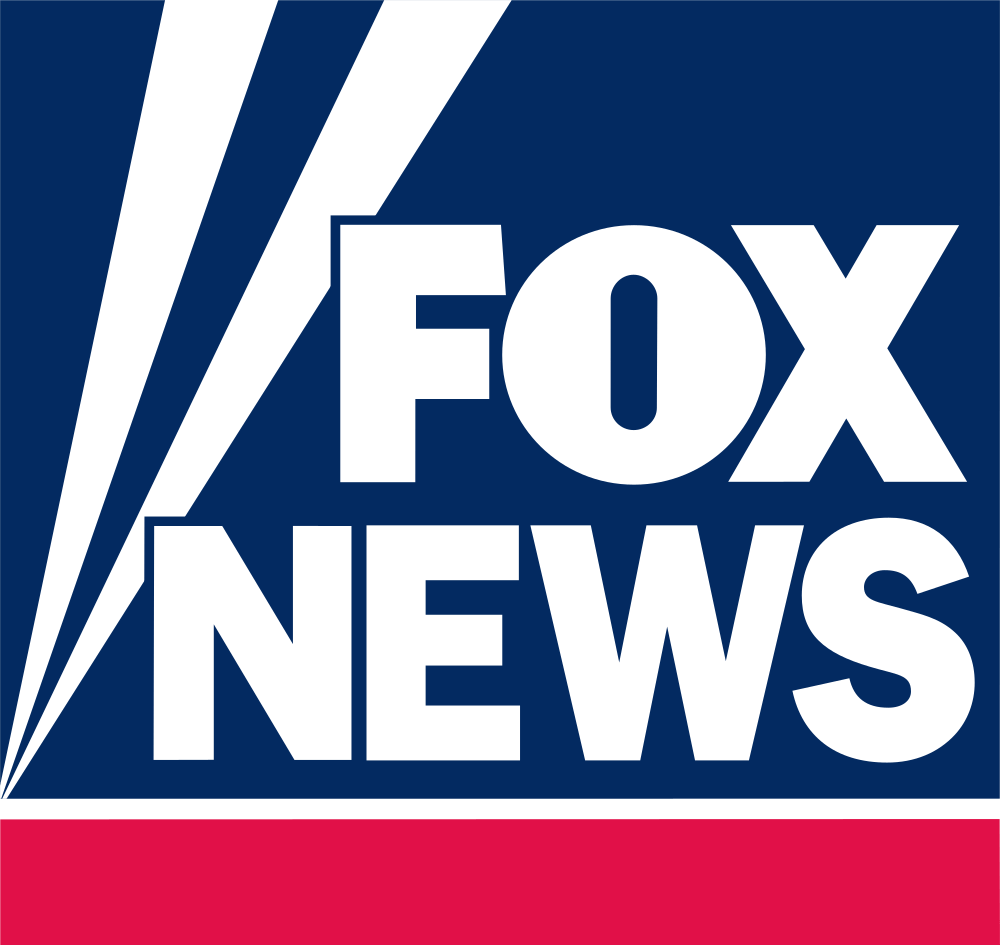Confidence in colleges, universities reaches all-time low, new poll indicates
Poll indicates less than one-third of Americans have ‘a great deal’ or ‘quite a lot’ of confidence in higher education
By Taylor Penley | June 25, 2024 at 5:00am
Confidence in colleges and universities has reached a new all-time low, according to a recent poll commissioned by the Foundation for Individual Rights and Expression (FIRE) and conducted by NORC at the University of Chicago.
“In two AmeriSpeak panels representative of the U.S. household population, we asked Americans: ‘How much confidence, if any, do you have in U.S. colleges and universities?’” a press release from FIRE reads.
The question is similar to one asked by Gallup last year, which found that Americans who had a “great deal” of approval for institutions of higher education had plummeted from 57% in 2015 to 36% in 2023.
By comparison, FIRE’s report indicated only 28% of Americans had “a great deal” or “quite a lot” of confidence in higher education as of May 2024.
Thirty percent similarly said they have “very little” or no confidence at all in higher education.
Democrats, women and younger Americans aged 18-34 saw “some of the largest drops,” according to the report, while the level of confidence among conservatives – which was already low in the past – has “reached a floor.”
On one hand, some say colleges and universities have lost their credibility as many Americans realize their return-on-investment in higher education failed to meet their expectations.
“Those of us who attended college or University in the mid 2000s (when quality started really dropping) have seen that it had little or no impact on our careers and that most of what we were taught ended up having very little value in the real world,” Bobby Kittleberger, a web designer and founder and editor of Guitar Chalk, told Fox News Digital.
“Colleges are now viewed as having primarily a social agenda and not an economic or even an educational agenda. Even if you want an education driven by a social agenda, the asking price is incredibly high,” he added.
He also argued that information is easily accessible on the web and the astronomical cost of a college education doesn’t make much sense as an investment, especially considering that the wages for jobs that require a degree have not kept up at the same pace.
In a previous interview with Fox News Digital, Kittleberger said he actively encourages his kids to skip college because his degree in computer science has been “completely irrelevant” to his real world work.
His perspective aligns with the growing trend of skipping out on the traditional 4-year college plan. Many members of Gen Z, for instance, have shunned that path in favor of trade school, leading many to coin them as the “Toolbelt Generation.”
Some contrarily speculate that partisan politics inside the classroom and recent on-campus chaos surrounding the Israel-Hamas War could be to blame for disillusionment with higher education. Last December, for instance, University of California, Santa Cruz professor John Ellis wrote in a Wall Street Journal opinion piece that the system of higher education needed to be reformed by getting left-wing activists out of the classroom.
“Never have college campuses exerted so great or so destructive an influence. Once an indispensable support of our advanced society, academia has become a cancer metastasizing through its vital organs. The radical left is the cause, most obviously through the one-party campuses having graduated an entire generation of young Americans indoctrinated with their ideas,” he wrote at the time.
He cited “virulent antisemitism” that flared up following Hamas’ Oct. 7 attacks against Israeli civilians as an addition to – or byproduct of – already pervasive cultural issues like censorship, DEI content and ideologies like “anticolonialism” and “anticapitalism.”
In that same month, as then-Harvard President Claudine Gay was embroiled in controversy over campus antisemitism, college admissions consultant Christopher Rim told Fox News he was “completely shocked” to see students turning down their acceptances to the university for the first time in his career.
“This is the first time and first application season where I’ve seen a student who got into Harvard early that I’ve worked with for almost three and a half, four years now, starting in ninth grade — we’re seeing them say, ‘You know what? I want to apply to other schools because what if I graduate and this stigma and this reputation of Harvard stays the same?’ That’s their true concern,” he said.
The Ivy League institution also reported a dropoff in early applications, something Bob Sweeney, a retired college counselor at New York’s Mamaroneck High School, told Bloomberg he believed could have been partially caused by the antisemitism controversy.
FIRE’s report additionally noted confidence had reached record-lows after “months of campus protests over the Israeli-Palestinian conflict and Congressional hearings about antisemitism on college campuses.”
A separate FIRE/NORC poll found that 72% of Americans believed that students who participated in encampments should face punishment though those included in the poll disagreed on how severe such punishment should be.
Originally published on FOX NEWS on June 25, 2024


